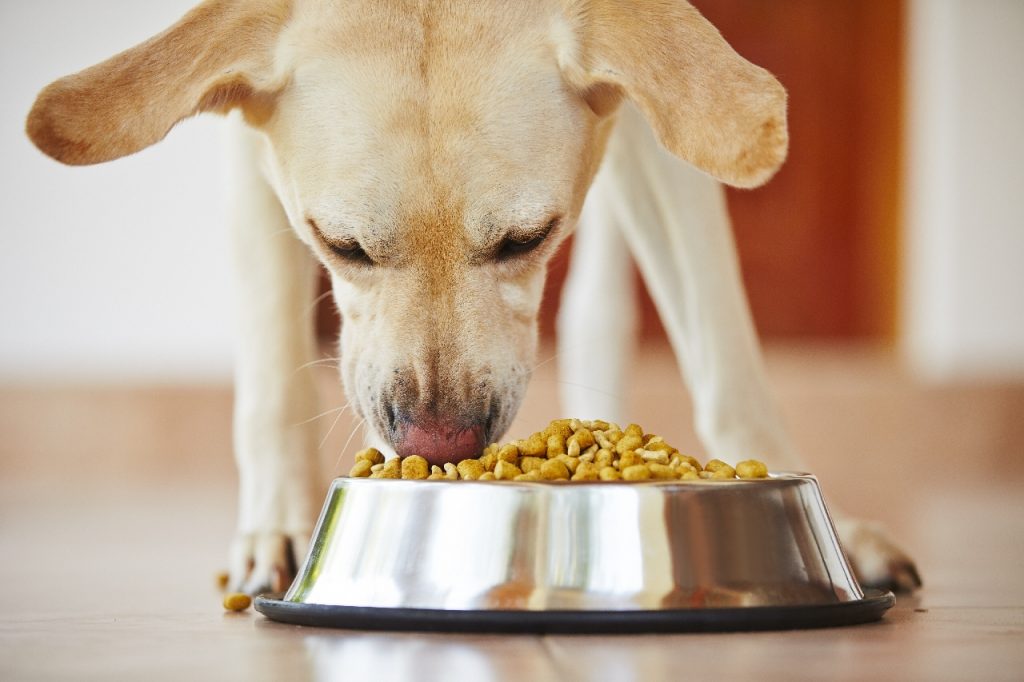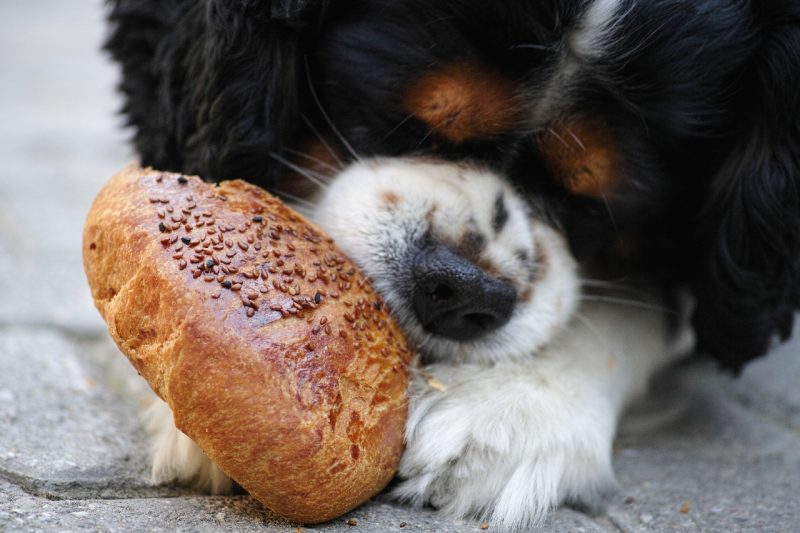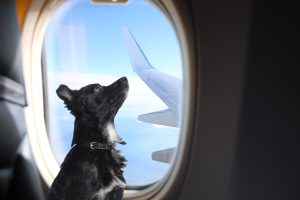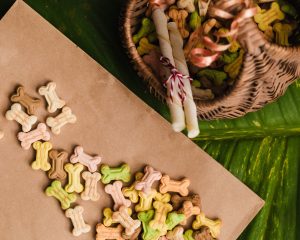Well, many new and experienced dog parents question whether feeding their dogs too often will have a negative effect on their health. You might be surprised at the answers to these questions and how much human food your canine companion can eat each day.
In this article, we will discuss the correct frequency for feeding your dog, along with the amount of food that he should be fed each day.
How often should I feed my Dog?
There are several healthy ways to feed your dog, but still, it depends on the individual needs. Like the breed, size, etc. Here are the top 3 healthy ways to feed your dog:
Let your Dog Decide
If you’re worried that you’re feeding your pet too much or too little, let your pet decide if it is being fed enough. An easy way to do this is by simply watching your pet’s bowl. In case it’s empty, top it off. If there are still a few morsels in the dish, then don’t. Moreover, if you feel he needs more food, feed him more often and vice versa for less food.
Portion Control
Portion control is where you feed your pet small amounts of food, less than a cup, once or twice a day until he is full. If you are introducing new foods (raw or cooked), it’s probably best to start with small portions and work your way up to larger amounts. It’s also advisable to treat your pet for training, exercise, etc. It’s best only to reward good behavior with treats.
Timed Feeding
Timed feeding is when you eat with your dog or give your pet a treat/break at the same time regularly. For example, you can set the alarm on your phone for 20 minutes before bedtime and feed your pet dinner. This will ensure that he doesn’t become hungry in the middle of the night. Also, you can give your canine half an hour to eat when it is time and throw away or save whatever is left. This way, you can feed your dog properly, and they will likely be hungry when you feed them their next meal.
Factors to keep in mind before feeding your Dog
1- Size of your pet
Every dog is different, and there’s a big difference in the amount of food they require. In the beginning, the food should be given to puppies in small amounts, but it can be increased over time as your dog grows. Smaller-sized dogs require less nourishment, but bigger-sized dogs need more.
Moreover, some dogs tend to gain weight easily, but some are genetically prone to staying underweight. So, keep their breed, size, and activity level in mind while feeding them.
2- Age of your canine friend
Dog’s bodies change as they grow older, so food must be altered accordingly. Younger dogs need lots of food, but as your pet ages, the amount of food should be reduced. Overfeeding an older dog can lead to weight gain, which might cause joint issues or other health problems.
3- Activity level
If your pet receives plenty of exercise each day, more food is necessary than if he has little or no exercise. More exercise means the dog requires more food. However, if your pet does need to be on a restricted diet, it will have to be supplemented with a complete and balanced diet.
4- Food allergies
If your dog has any allergies, you must ensure that he is fed only the specific foods listed by the manufacturer to avoid problems like vomiting, diarrhea, skin rashes, etc. This can be very difficult as a pet owner, so any such allergies must be made known if any problem arises.
5- Metabolism
Food, especially treats, must be given according to your dog’s metabolism. If you notice they are gaining too much weight, it would be better to cut down on treats and table food in their diet. In addition, if your dog is eating too quickly and getting sick, you might want to consider a food bowl that slows them down at mealtime. Click here for one of my favorites.
Raw Food Diet – How much and how often to feed?
The amount of food and the frequency could differ depending on whether your dog is on a raw food diet or not.
If your dog is on a raw food diet, you should follow the guidelines given by the veterinarian and food manufacturers for the number of calories per day.
If your dog is not on any diet, you can contact their nutritionist. They might recommend food and quantities depending on your pet’s weight and activity levels. If a balanced diet is recommended, double the amount, they mention. This will allow them to have enough calorie intake while under a strict diet.
How much food should I give my dog at one time?
Your dog has a natural ability to know how much food it needs to consume to feel full. Feeding your dog the right amount of food at one time will prevent him from feeling hungry and overeating. It is advised not to overfeed your dog because this can result in weight gain. Your veterinarian can advise you on how much and how often you should feed your dog to ensure that he is not overweight.
Is it okay to give my dog human food?
Many people tend to give their dogs homemade food or any leftovers available in the house. Some examples are cooked meat, eggs, cereals, yogurt, other dairy products, canned tuna, and chicken. However, this can be a quick fix for your pet’s hunger but can be harmful if eaten regularly. For example, dogs have sensitive digestive systems, and they cannot always digest human food.







